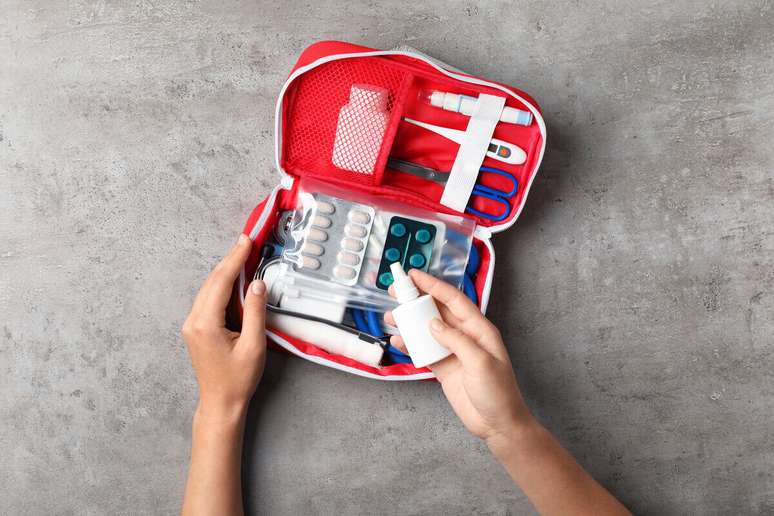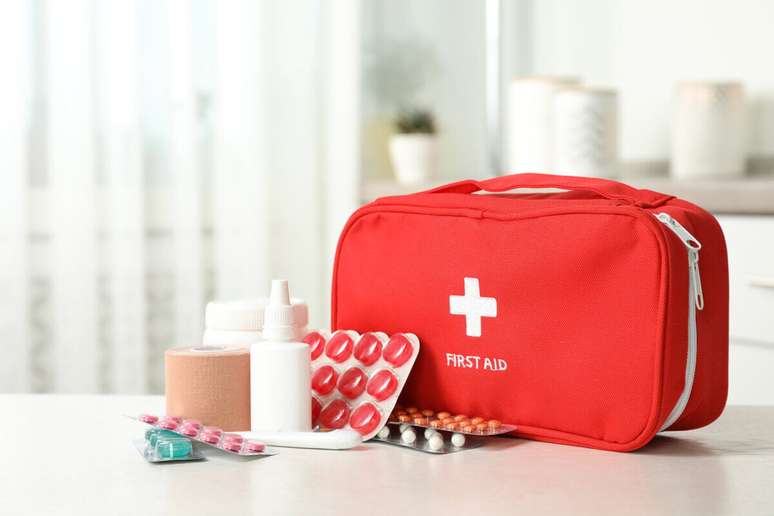The doctor explains how to store and transport medicines correctly
Traveling is one of the best ways to relax, explore new places, and create lasting memories. However, to be prepared for any eventuality, it is essential to have a well-stocked medical bag. With this in mind, endocrinologist Dr. Lorena Lima Amato lists seven tips to help you prepare. Watch!
1. Talk to a doctor
Talk to the doctor of your trust, explain your journey. He or she will be able to write prescriptions with the names of the medicines, the appropriate doses and the indication for use.
2. Make a list
Make a list of all the medications you are taking and the dosage recommended by your doctor. That way, if you need to take medication, it will be much easier to pull the list out of your bag rather than having to take the package insert and read it all over.
3. Put medicines in your carry-on luggage
According to Dr. Lorena Lima Amato, the medicines They must be carried in carry-on luggage for several reasons. “Checked luggage can be subject to temperature fluctuations and can deteriorate medications. Another point: checked luggage can get lost, and for those who use medications for a chronic disease, this can be a risk,” he warns.

4. Do not exceed the permitted limit and take a prescription for the medicine
In general, the endocrinologist explains that the volume of drugs is already allowed for international flights (up to 100 ml). “If it is an injectable drug, you are also allowed to take syringes and needles with you. However, I would like to emphasize the importance of carrying a doctor’s prescription that explains the dosage and purpose of using the drug,” he advises.
5. Opt for transparent packaging and products that have not yet been used
The specialist explains that the packaging in which the medicines will be stored must be transparent. He also recommends taking medicines sealed in the package, to prevent infection. Product lose. “If you are taking medications already in use, I recommend you remove the lid, use cling film and close it again,” says Dr. Lorena Amato.
6. Don’t forget to take anti-allergy and anti-colic drugs
Your medicine bag should include anti-allergy medications, ointments for insect bites, and medications for nausea, always with a doctor’s prescription, as well as medications for intestinal and menstrual cramps.
7. Buy eye drops
Air conditioning on the plane dries out the mucous membranes and eyes. Therefore, the guideline is to take tears of artificial tears and nasal wash serum.
By Livia
Source: Terra
Ben Stock is a lifestyle journalist and author at Gossipify. He writes about topics such as health, wellness, travel, food and home decor. He provides practical advice and inspiration to improve well-being, keeps readers up to date with latest lifestyle news and trends, known for his engaging writing style, in-depth analysis and unique perspectives.



-qxwlosndoo4z.jpg)





